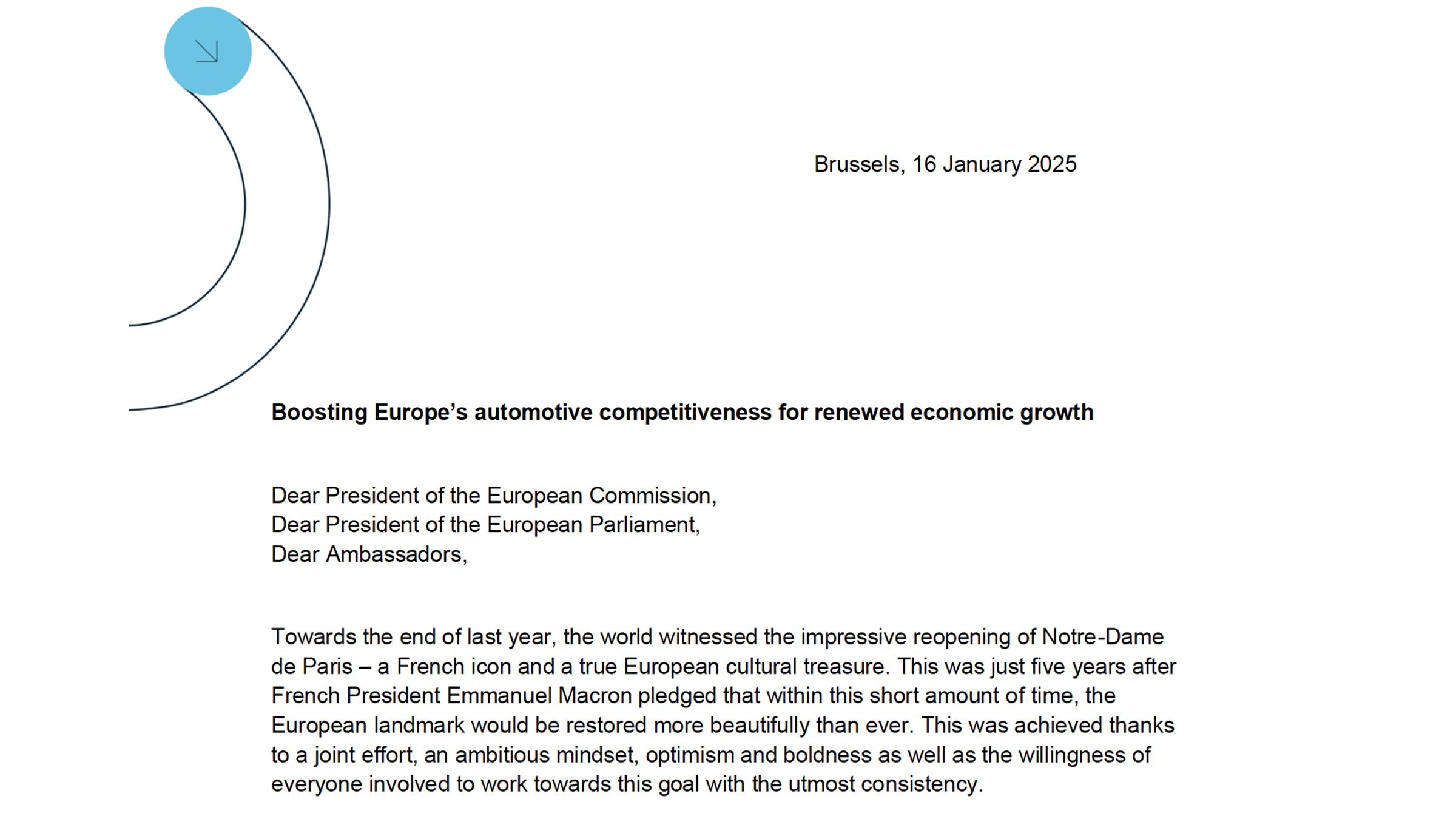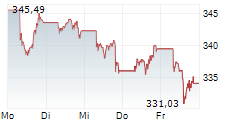Boosting Trade: Bangladesh's Renewed Focus On The European Market

Table of Contents
Improved Market Access and Trade Agreements
Access to the European market is paramount for Bangladesh's economic growth. The current trade landscape presents both opportunities and challenges.
The Role of the Everything But Arms (EBA) initiative: The EBA initiative has been instrumental in boosting Bangladesh's exports to the EU, offering duty-free access for most products except arms. However, Bangladesh faces the prospect of graduating from EBA, potentially losing this preferential access.
- Positive Impacts of EBA: Significant increase in RMG exports, diversification of export products, enhanced economic growth.
- Concerns about Potential GSP+ Graduation: Loss of preferential market access could negatively impact export competitiveness and economic growth.
- Strategies to Mitigate Risks: Diversifying export markets, improving product competitiveness, negotiating new trade agreements to secure preferential access.
Negotiating New Trade Deals and Partnerships: Beyond EBA, Bangladesh is actively pursuing new trade agreements to secure long-term market access. This includes exploring comprehensive trade agreements with the EU and pursuing bilateral agreements with individual European countries.
- Potential Trade Agreements with the EU: Negotiating a comprehensive trade and investment agreement to secure preferential access beyond EBA.
- Bilateral Agreements with Individual European Countries: Establishing bilateral trade agreements to enhance market access and diversify trade relationships.
- Strategies for Enhanced Market Access: Focusing on high-value-added products, improving supply chain efficiency, and building strong relationships with European importers.
Enhancing Product Quality and Competitiveness
To thrive in the competitive European market, Bangladesh must enhance the quality and competitiveness of its products. This requires significant investment in both manufacturing and technology.
Investing in Manufacturing and Technology: Upgrading manufacturing capabilities and adopting advanced technologies are essential for meeting EU standards and consumer demands.
- Government Initiatives Supporting Technological Upgrades: Providing financial incentives, promoting technology transfer, investing in skills development programs.
- Private Sector Investments in Innovation: Encouraging private sector investment in research and development, promoting innovation in manufacturing processes.
- Focus on Sustainable and Ethical Manufacturing: Adopting environmentally friendly production methods and ensuring ethical labor practices.
Meeting EU Standards and Regulations: Compliance with stringent EU standards related to product safety, environmental protection, and labor practices is crucial for accessing the European market.
- Specific EU Regulations Impacting Bangladeshi Exports: Regulations on REACH (Registration, Evaluation, Authorisation and Restriction of Chemicals), RoHS (Restriction of Hazardous Substances), and others.
- Strategies for Compliance and Certification: Investing in quality control systems, obtaining relevant certifications (e.g., ISO, CE), collaborating with EU-based testing and certification bodies.
- Role of Government and Industry Bodies in Supporting Compliance: Providing technical assistance, training programs, and promoting awareness of EU regulations.
Promoting Sustainable and Ethical Trade Practices
Sustainability and ethical practices are increasingly important factors in the European market. Bangladesh needs to demonstrate its commitment to these values.
Focus on Environmental Sustainability: Reducing the environmental impact of production is vital for maintaining market access and improving Bangladesh's global image.
- Initiatives for Sustainable Sourcing: Promoting the use of sustainable materials and reducing waste in production.
- Green Manufacturing Practices: Adopting energy-efficient technologies and reducing carbon emissions.
- Efforts to Meet EU's Environmental Standards: Implementing environmental management systems and adhering to relevant EU regulations.
Emphasis on Fair Labor Practices: Ensuring fair wages, safe working conditions, and worker rights is essential for maintaining a positive reputation and adhering to EU ethical standards.
- Initiatives to Improve Worker Safety and Welfare: Implementing safety protocols, improving working conditions, and promoting worker empowerment.
- Compliance with International Labor Standards: Adhering to ILO conventions and other international labor standards.
- Government and Industry Efforts to Address Labor Issues: Collaborating with NGOs, labor unions, and international organizations to address labor-related challenges.
Strengthening Trade Infrastructure and Logistics
Efficient trade infrastructure and logistics are crucial for timely and cost-effective delivery of goods to the European market.
Improving Port Infrastructure and Efficiency: Upgrading port facilities and improving customs procedures are essential for streamlining the movement of goods.
- Investments in Port Infrastructure Upgrades: Expanding port capacity, improving handling facilities, and modernizing equipment.
- Improvements in Customs Procedures: Simplifying customs clearance processes, reducing bureaucratic delays, and promoting digitalization.
- Digitalization of Supply Chains: Implementing technology-driven solutions to improve supply chain visibility, efficiency, and traceability.
Developing a Robust Transportation Network: Investing in efficient transportation networks within Bangladesh and improving connectivity with European ports is crucial.
- Investments in Transportation Infrastructure: Upgrading roads, railways, and other transport links.
- Rail and Road Network Improvements: Expanding and modernizing the rail and road networks to improve connectivity within the country.
- Multimodal Transport Solutions: Implementing integrated transport solutions that combine different modes of transportation (e.g., sea, rail, road) to optimize efficiency and cost-effectiveness.
Conclusion
Boosting trade between Bangladesh and the European Union requires a multi-pronged approach. Improving market access through trade agreements, enhancing product quality and competitiveness, promoting sustainable and ethical trade practices, and strengthening trade infrastructure are all vital components of this strategy. A stronger Bangladesh-EU trade relationship will bring significant benefits, including increased economic growth for Bangladesh and access to high-quality goods for European consumers. To learn more about the exciting opportunities for expanding trade with Bangladesh and the European Union, explore [link to relevant resource].

Featured Posts
-
 Net Asset Value Nav Of Amundi Msci World Ii Ucits Etf Dist What You Need To Know
May 25, 2025
Net Asset Value Nav Of Amundi Msci World Ii Ucits Etf Dist What You Need To Know
May 25, 2025 -
 Casualty Treated After Car Overturns On M56 Motorway
May 25, 2025
Casualty Treated After Car Overturns On M56 Motorway
May 25, 2025 -
 Geriden Gelen Atletico Madrid Taktik Ve Stratejiler
May 25, 2025
Geriden Gelen Atletico Madrid Taktik Ve Stratejiler
May 25, 2025 -
 Reliving The Glory Jenson Button And His 2009 Brawn Gp Car
May 25, 2025
Reliving The Glory Jenson Button And His 2009 Brawn Gp Car
May 25, 2025 -
 2025 Memorial Day Air Travel Peak And Off Peak Dates
May 25, 2025
2025 Memorial Day Air Travel Peak And Off Peak Dates
May 25, 2025
